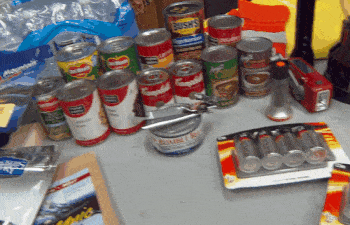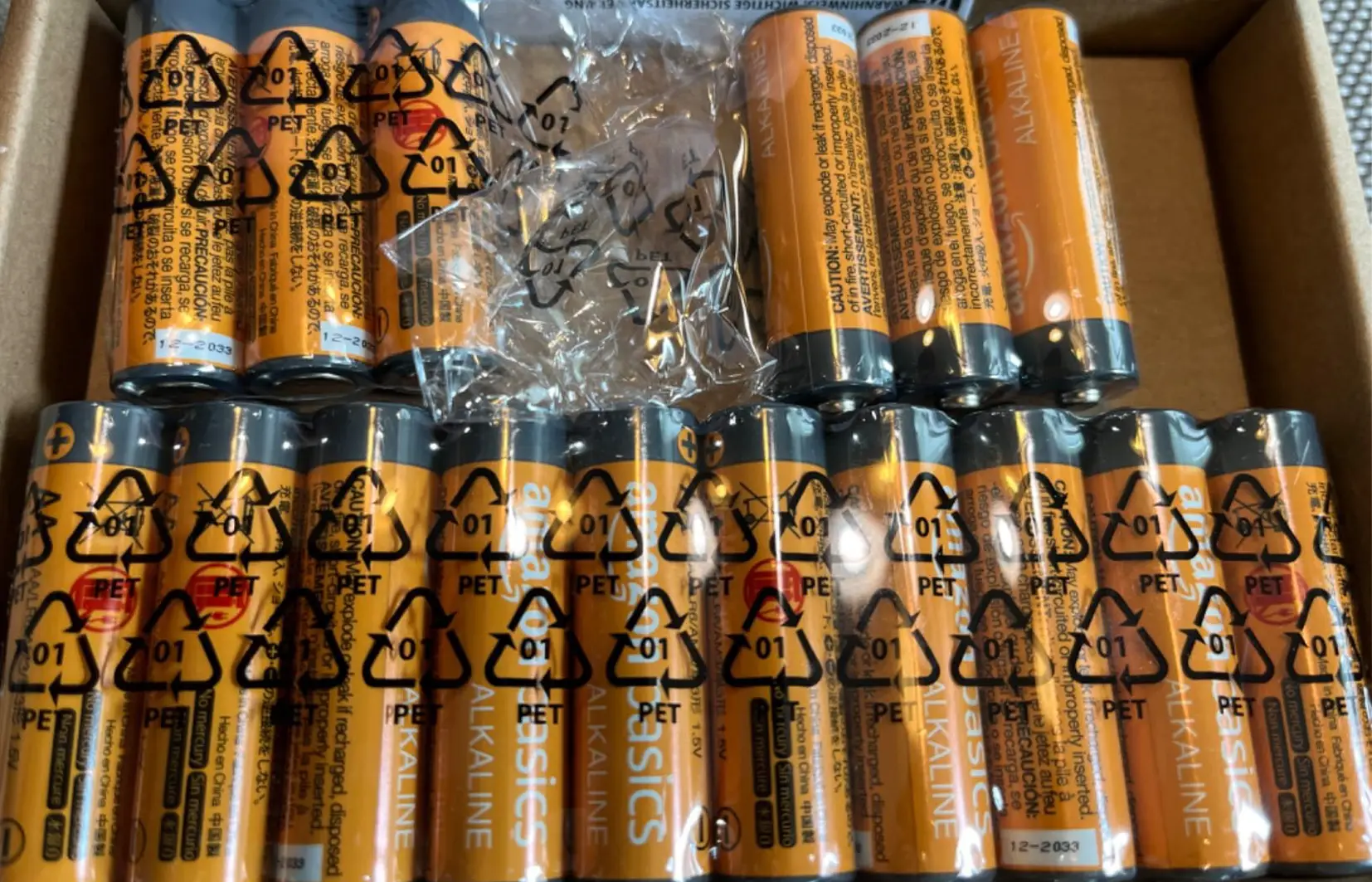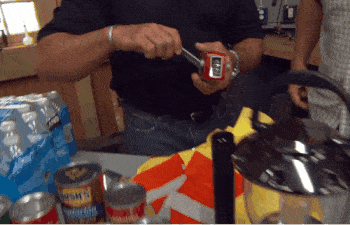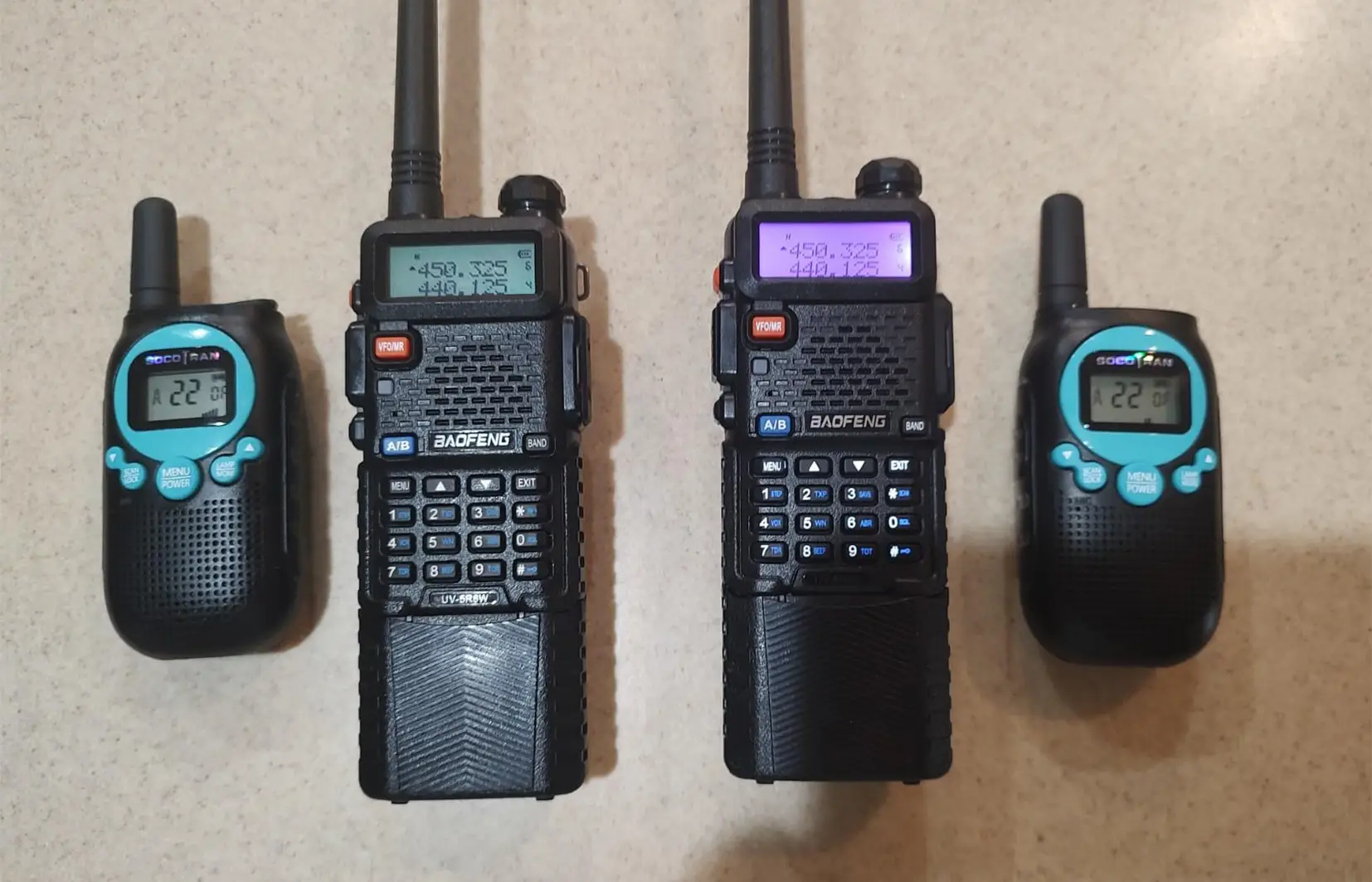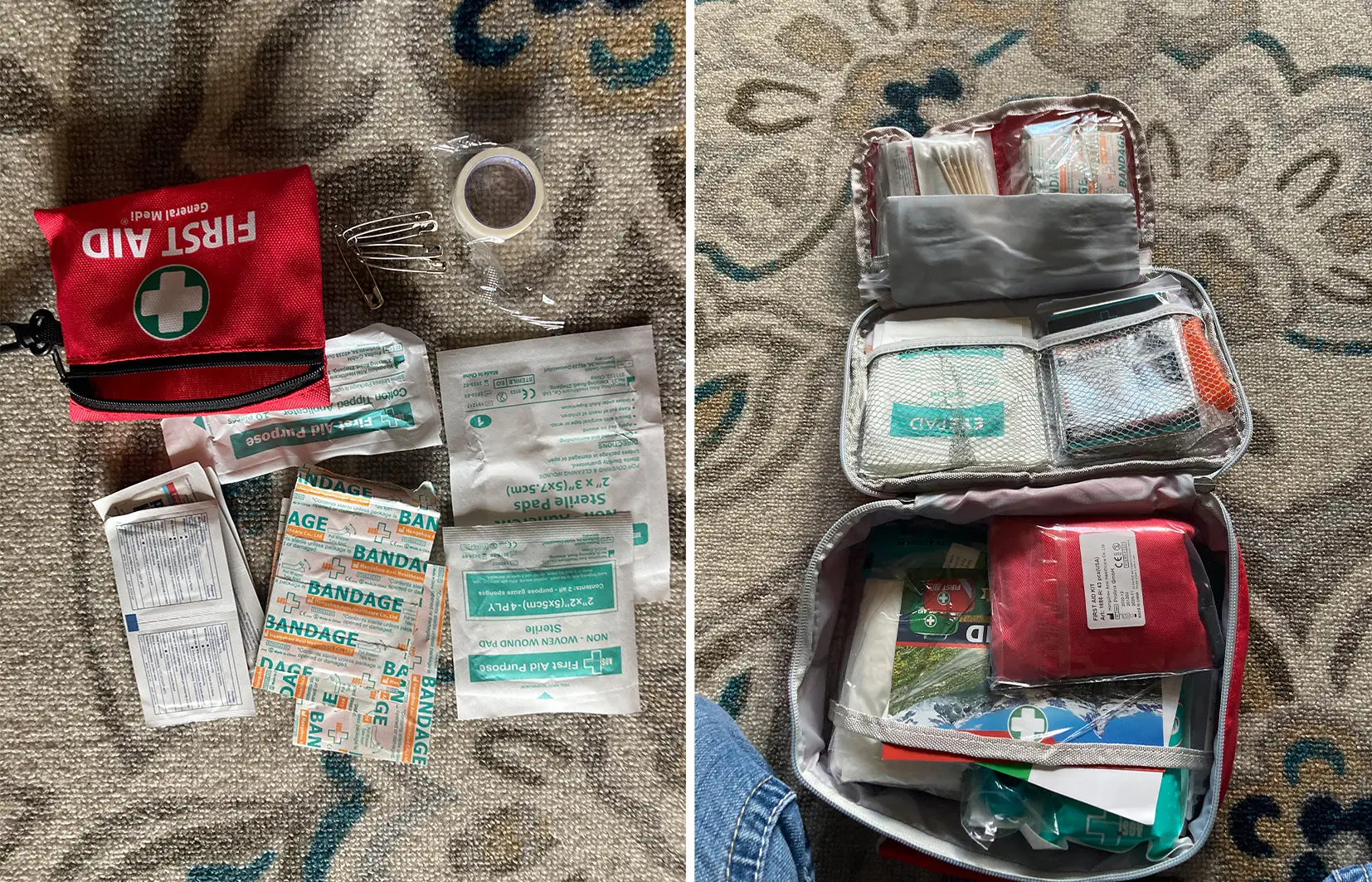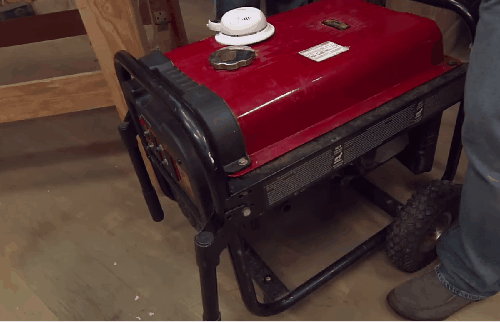How to Prepare for Tornadoes and Hurricanes: Essential Survival Tips
With Hurricane Milton looming on the horizon, it's crucial to be prepared for the worst. While we hope it veers off and spares us, it’s always better to be safe than sorry. This article is a timely reminder of the steps you should take to prepare yourself and your family for any potential disaster, whether it's a hurricane, tornado, or any other emergency situation. It’s not just about waiting for the last minute when lines are long and panic sets in; proper preparation could be the difference between chaos and calm. You’ve got limited time once a warning is issued, so you need a plan and a kit ready to go at all times. From securing enough water and non-perishable food to protecting your essential documents and making sure you have a generator that is safely ventilated, there's no room for error when it comes to survival. Let's dive into the must-haves that will help you weather the storm—literally.
RELATED:Tornado Watch Sparks Concern Across the U.S. Midwest
Shopping List for How to Prepare for Severe Weather:
- 1 Gallon of Water per person per day for 3 days
- 3 day supply of canned or dried food
- Battery-Powered Flashlight & Radio with extra batteries
- First Aid Kit
- Multi-Purpose Tool
- Cell Phone and Chargers
- Extra Clothing- Rain Gear, Blankets, Boots, Gloves for Clearing Debris
- Copies of Personal Documents in a Waterproof Container
- Life Sustaining Medications
1. Assemble an Emergency Kit
In case of a tornado warning, where you may have less than 10 minutes to evacuate, having a kit ready is critical. This kit should be designed to help you survive outside your home, as there’s a possibility you might not have a home to return to after the disaster. This is especially important for those living in mobile homes or structures without storm shelters.
Key items for any emergency kit include:
- Water: You’ll need at least one gallon per person per day for three days.
- Non-perishable food: Stock up on food items that can be stored for long periods.
- Batteries: Power outages are common, so have plenty of batteries for things like flashlights and lanterns.
- Cell phone charger: A hand-crank charger is ideal as it will keep your phone powered even without electricity.
2. Keep Important Documents Safe
Make sure to store critical documents in a waterproof container. This includes identification papers, insurance documents, and emergency contact numbers. Having this information handy ensures you can access it quickly when you need it most.
3. Create a Family Communication Plan
If a tornado or hurricane hits, communication may be cut off, and family members could be in different locations. It’s vital to have a plan in place so everyone knows where to meet. Cell phone networks may go down, so having an established meeting spot can prevent confusion during an emergency.
4. Don’t Wait Until the Last Minute
Many people make the mistake of waiting too long to prepare. In the case of hurricanes, for example, last-minute preparations can lead to long lines at stores and frustration as essential items like plywood and generators become scarce. It’s best to gather your supplies and prepare well in advance.
5. Use Generators Safely
Generators are a popular tool for those anticipating power outages, but they can also be dangerous if not used correctly. Make sure your generator is properly ventilated to avoid carbon monoxide poisoning. Never run a generator indoors or in an enclosed space like a garage. Keep it outside and secure it as needed.
By following these guidelines, you can ensure that you and your family are ready to face any severe weather event. Stay safe, plan ahead, and don’t wait until it’s too late.






